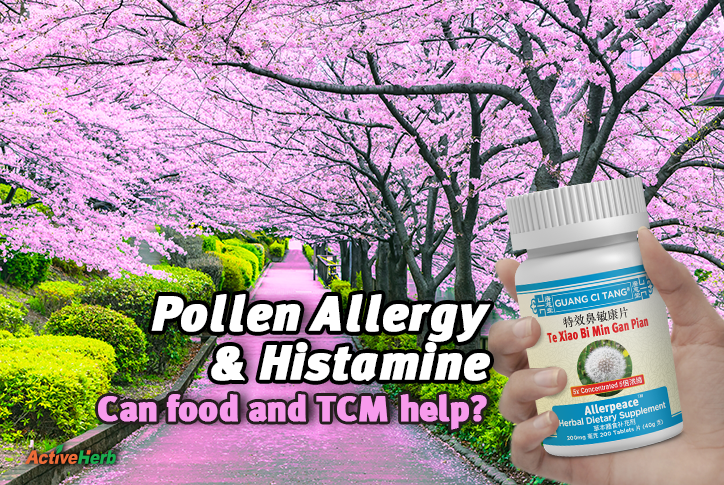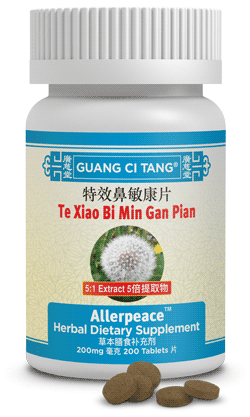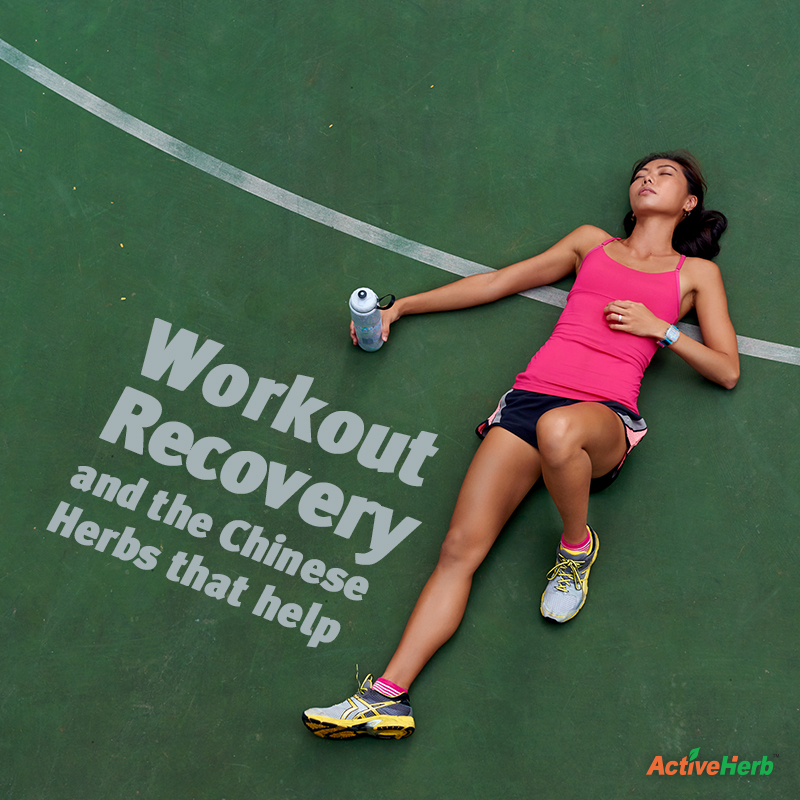Pollen And Histamine: Can Food And TCM Help?

After being inside for much of winter—let alone the past year—are you finally ready to emerge from your hibernation and get outside and take deep intoxicating breaths of fresh air? You’re probably itching to have a Sound of Music moment, traipsing through a bucolic landscape, singing with joy in a carpeted field of blooming flowers.
Like a butterfly emerging from a chrysalis, you can’t wait to break free. But before you do, there’s one thing you’re forgetting. It’s Spring! And that means irritating, runny noses and watery, itchy, red eyes. For other people, when Spring has sprung, nasal congestion, headaches and sinus pressure often occur.
Pollen Reaction Explained Through TCM and Western Medicine
From a western perspective, pollen allergy means that your body has too many histamine chemicals circulating. Histamines have a bad reputation.
But similar to bacteria, histamines should not be viewed through a lens of good or bad. In fact, histamines play a key role in digestion, helping to produce hydrochloric acid in the stomach.
Also, histamines function like neurotransmitters, sending messages to the brain. It’s when histamine levels get too high and can’t be broken down by the enzyme, diamine oxidase (DAO), that an overactive immune response occurs.
How does Traditional Chinese Medicine explain pollen allergy? Blame it on both the internal and external environment.
First, let’s start with the external. This time of year, there’s more wind. And just like a strong wind can damage a tree, if the body’s organ systems are not balanced, an invasion of external wind can jostle the theoretical TCM organs, leading to disharmony of the Qi meridian network.
And which organ system is most affected by wind? It’s usually the Lungs. After all, for much of late Fall, Winter and early Spring, many people breathe stagnant air indoors and don’t get enough exercise to nourish Qi energy in the Lungs.
According to TCM clinical evaluation theory, there are many different internal and external combinations that cause Springtime symptoms.
Foods And Drinks That May Trigger Histamine Response
Before highlighting one of the most time-tested TCM herbal formulas to manage symptoms this time of year, let’s revisit the western medicine topic of histamines.
One way to increase your tolerance to histamines is by avoiding consuming things that either have a lot of histamines or cause a histamine response.
Unfortunately, for those that like to imbibe in an adult beverage every night, alcohol is one of the worst offenders—including wine. Other things to avoid consuming or limiting include dairy products, dried fruits, shellfish, processed meats (which should be avoided anyways), and products with artificial food coloring.
Also unfortunate is that many foods considered healthy either have histamines or trigger histamine response: bananas, avocados, tomatoes, eggplant, citrus fruits, walnuts, cashews, and spinach.
Best TCM Herbal Formula For Supporting A Normal Pollen Response
TCM has centuries-old ways for supporting the immune response to pollen.
If you recall above, the Lungs are the chief organ system that’s most vulnerable to external wind attacks. Allerpeace disperses Wind and addresses Lung Qi Deficiency (which can be described in western parlance as weakness in the lungs).
Containing 11 herbs, Allerpeace has 85 reviews as of this writing, with a collective rating of 4.7 out of 5 stars.
If your nasal passages need support this time of year, give Allerpeace a try.
Suggested Reading From The ActiveHerb.com Blog:







